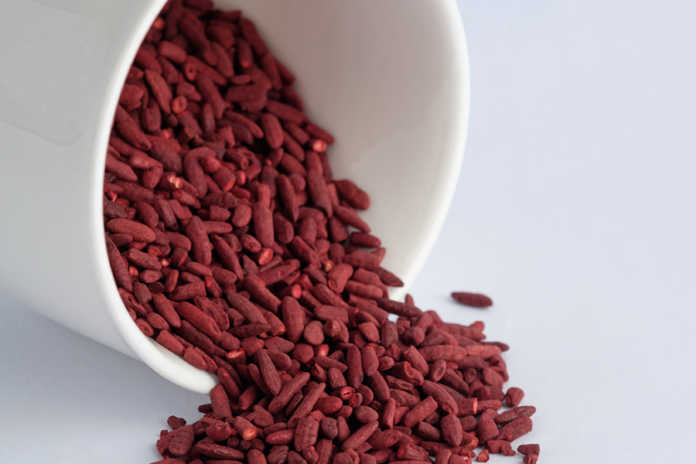
Maintaining your cholesterol comes down to a lot more than just taking a pill.
By Cyril Meyre, ND
Cholesterol, more often than not, is spoken about in a negative light; however, it plays a vital role in the functioning of the body. It is something that is found in every cell in the human body, and it assists with hormone production.
Cholesterol is obtained in two ways; first, it is synthesized in the body and produced by the liver. Second, the body absorbs via the intake of animal products from our diets.
There are two types of cholesterol; high-density lipoprotein (HDL), which refers to good cholesterol; and low-density lipoprotein/very low-density lipoprotein (LDL/VLDL), which refers to bad cholesterol. Lipoproteins are complexes that carry hydrophobic plasma lipids, in particular cholesterol and triglycerides, in the blood. Each form of cholesterol transports lipoproteins through the blood, however it is VLDL and LDL that are responsible for transporting triglycerides and cholesterol from the liver to the cells, while HDL returns the lipids to the liver where they will be metabolized for elimination via bile salts.
High levels of LDL and VLDL are associated with the increased risks of atherosclerosis and cardiovascular diseases when linked with chronic inflammation whereas high levels of HDL reduce the risk of heart disease.
Excess weight and a diet particularly high in saturated fats complicate the situation, because they are associated with metabolic syndrome including hypertension, dyslipidemia, obesity and diabetes.
Managing cholesterol requires an approach that factors in many variables. The management of cholesterol requires a comprehensive, holistic assessment of the person in order to achieve sustained and successful results. Diet, lifestyle, stress factors, oxidation, free radical damage, emotional state and the severity of the issue must all be considered. Many are in search of alternative solutions as the conventional approach offers a solution, which comes along with complicated side effects.
When doctors are addressing cholesterol with a patient, they need to consider reducing homocysteine levels, curbing inflammation, addressing athermoatous plaque, preventing clot formation, and making sure cellular metabolism is well-functioning.
The patient must also consider eliminating trans fatty acids from the diet, consuming essential fatty acids and assessing and evaluating their current diet and eating patterns. If the patient smokes they should quit, they need to maintain a healthy and balanced weight, through exercises and engaging in movement. Mental state must also be addressed, so learning to manage anxiety and depression becomes essential. An effective strategy is embracing the practices of meditation, yoga and deep breathing.
In addition to a balance of exercise, eliminating trans fatty acids, and evaluating their overall diet, the patient can start using red yeast rice (RYR).
RYR is an effective solution for lowering cholesterol naturally, without the detrimental side effects; it’s the ultimate example of using food as medicine.
RYR is a fermented product that has been used in traditional Chinese medicine for thousands of years to manage cholesterol. Today, modern science is catching up. RYR has proven to be effective in treating and improving overall cardiovascular health.
The complexes and components within RYR are well balanced in terms of ingredients and synergistic constituents that offer exemplary results.
RYR alone reduces cholesterol by 25 to 35 per cent according to conclusive studies. It reduces triglycerides by 12 to 20 per cent, as well as acts as an inhibitor of HMG-CoA, which will reduce the production of cholesterol in the future.
The active compound within RYR competitively inhibits HMG-CoA reductase, the enzyme that catalyzes HMG-CoA to mevalonate and then to cholesterol, reducing levels of VLDL, plasma triglycerides and LDL, the bad cholesterol.
A number of studies on the effects of RYR on metabolic syndrome have shown that it has cholesterol-lowering properties.
It inhibits HMG CoA reductase, the rate-limiting enzyme in cholesterol synthesized by the liver.
Remember, managing chronic and serious health issues does not come down to popping a pill. Instead, healthy lifestyle choices, nutrition and the mental emotional state of the person must be addressed. However, if the patient needs the added support of a product to accelerate the process, make sure to choose one without the side effects, and will not compromise other aspects of their health. RYR formulation targeting cholesterol and co infections associated (homocysteine, inflammation, plaque) with cholesterol is key











